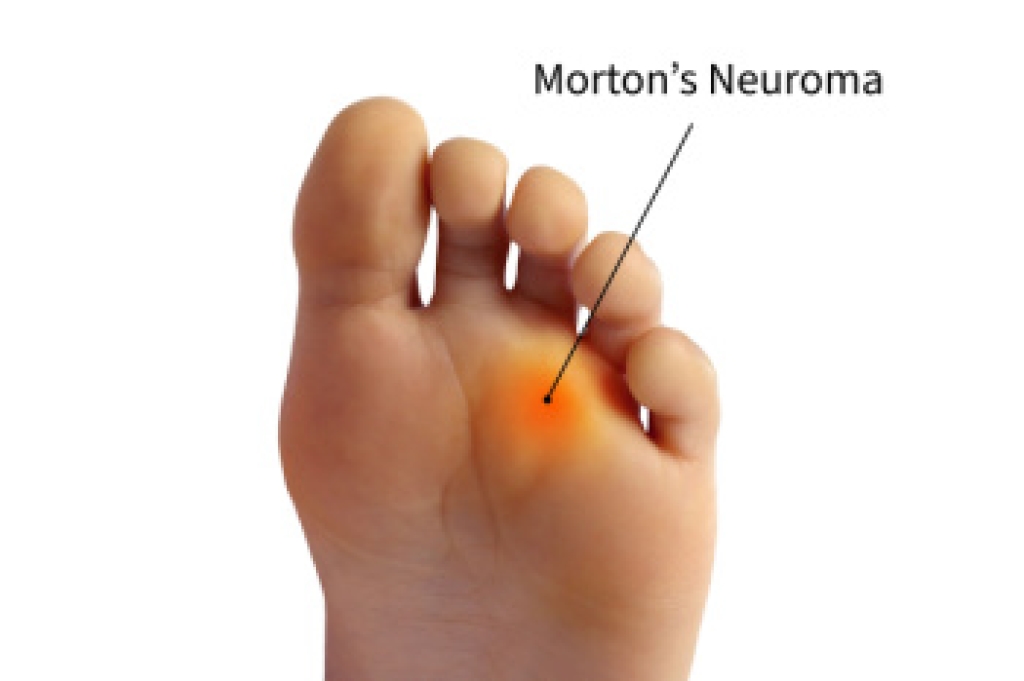
Stress fractures are small cracks in foot bones that develop from repetitive impact and overuse, most commonly seen in runners. They occur when training demands exceed the ability of bone to repair and adapt. Symptoms often begin as mild pain during activity, and gradually progress to persistent pain, tenderness, and swelling in a specific area of the foot or ankle. Diagnosis involves a detailed history, physical examination, and imaging such as X-rays to confirm bone stress. Risk factors include sudden increases in training intensity, wearing inadequate footwear, poor biomechanics, and low bone strength. A podiatrist can identify stress fractures early, guide activity modification, and create a recovery plan to promote proper healing. If you have sustained a stress fracture in your foot, it is suggested that you consult a podiatrist who can effectively treat this condition.
Stress fractures occur when there is a tiny crack within a bone. To learn more, contact David Mansky, DPM from Mansky Podiatry. Our doctor can provide the care you need to keep you pain free and on your feet.
How Are They Caused?
Stress fractures are the result of repetitive force being placed on the bone. Since the lower leg and feet often carry most of the body’s weight, stress fractures are likely to occur in these areas. If you rush into a new exercise, you are more likely to develop a stress fracture since you are starting too much, too soon. Pain resulting from stress fractures may go unnoticed at first, however it may start to worsen over time.
Risk Factors
- Gender – They are more commonly found in women compared to men.
- Foot Problems – People with unusual arches in their feet are more likely to develop stress fractures.
- Certain Sports – Dancers, gymnasts, tennis players, runners, and basketball players are more likely to develop stress fractures.
- Lack of Nutrients – A lack of vitamin D and calcium may weaken the bones and make you more prone to stress fractures
- Weak Bones – Osteoporosis can weaken the bones therefore resulting in stress fractures
Stress fractures do not always heal properly, so it is important that you seek help from a podiatrist if you suspect you may have one. Ignoring your stress fracture may cause it to worsen, and you may develop chronic pain as well as additional fractures.
If you have any questions please contact our office located in Hastings, MI . We offer the newest diagnostic and treatment technologies for all your foot and ankle needs.




